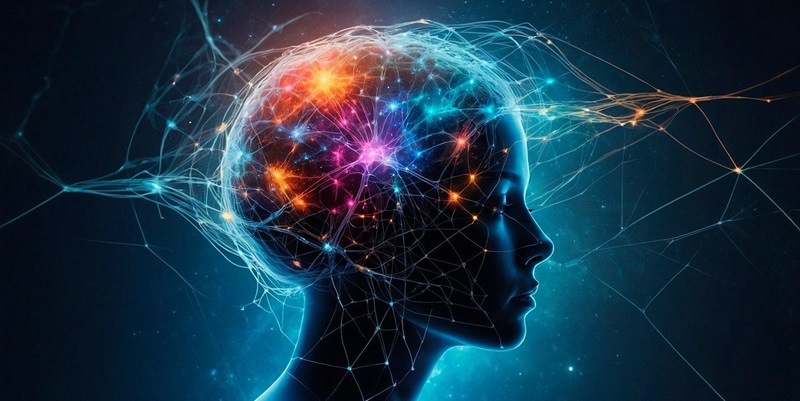In a momentous achievement for the field of artificial intelligence, Geoffrey E. Hinton and John J. Hopfield have been awarded the 2024 Nobel Prize in Physics. This recognition honors their groundbreaking work in the development of artificial neural networks, which serve as the backbone of modern AI technologies. From revolutionizing image recognition and natural language processing to bearing significant ethical challenges, their contributions have been instrumental in shaping the current landscape and future trajectory of AI.
The Genesis of AI Innovations: Hinton’s Pioneering Work
Geoffrey E. Hinton, often referred to as the “Godfather of AI,” made his first significant strides in the field during his PhD at the University of Edinburgh. While neural networks were dismissed by most researchers at that time, Hinton saw their potential. His conviction led to the development of the “Boltzmann machine” in 1985, co-created with Terry Sejnowski. This machine was one of the first algorithms capable of learning to identify data elements, preceding many modern AI capabilities.
Upon joining the University of Toronto in 1987, Hinton’s collaboration with graduate students became a cornerstone for current AI technologies. These collaborations led to several breakthroughs in areas such as image recognition and natural language processing. The development of tools and methods for training deep neural networks on extensive datasets began to exhibit unprecedented potential for applications in various industries.
DNNresearch and the AI Arms Race
In 2012, Hinton, along with his students, founded DNNresearch, aimed at harnessing the power of deep neural networks. The group’s remarkable progress in image recognition demonstrated the profound capabilities of AI when supported by large datasets and sophisticated models. This breakthrough significantly advanced computer vision and other AI-driven tasks.
The acquisition of DNNresearch by Google in December 2012 marked a pivotal point in AI history. It spurred an "AI arms race," with tech giants investing heavily in AI research and development. This commercial interest accelerated the evolution of AI technologies, subsequently spreading their applications to numerous sectors like healthcare, finance, and autonomous vehicles.
The Hopfield Network: Bridging Physics and AI
John J. Hopfield’s contributions are equally groundbreaking. His development of the Hopfield network incorporated principles of associative memory, making it possible for neural networks to restore full patterns from incomplete or distorted data. This concept was vital not only for AI but also for computational neuroscience and error correction methods.
The Hopfield network provided AI researchers with a framework apt for a wide array of practical applications. By showing how systems could recall entire data sets from partial inputs, Hopfield set the stage for more advanced neural networks that could handle real-world data complexities, thus paving the way for robust AI models capable of functioning under imperfect conditions.
Hinton’s Growing Concerns and the Ethical Dimensions of AI
Despite his monumental contributions, Hinton has grown increasingly cautious about the rapid, unregulated development of AI. His departure from Google’s DeepMind in 2023 highlighted his intent to focus on the implications and potential dangers of AI technology without corporate constraints. Hinton has emphasized the risks of misinformation, job displacement, and even existential threats that AI could pose if left unregulated.
Hinton’s cautionary stance is echoed by many experts in the field who call for global regulations to manage AI’s development responsibly. They argue that without stringent ethical oversight, AI could spiral out of control, leading to unintended and potentially devastating consequences. This dimension of Hinton’s work underscores the urgent need for a balanced approach, ensuring both innovation and safety.
Transformative Impact Across Sectors
In a landmark development for artificial intelligence, Geoffrey E. Hinton and John J. Hopfield have been honored with the 2024 Nobel Prize in Physics. This prestigious accolade celebrates their pioneering contributions to artificial neural networks, the fundamental technology behind contemporary AI systems. Their research has revolutionized various domains, from image recognition and natural language processing to more complex applications. These innovations have not only reshaped the AI landscape but have also paved the way for future advancements. However, along with the remarkable progress, their work has brought significant ethical considerations to the forefront, prompting vital discussions about the responsible use of AI technologies. As we look ahead, the impact of their groundbreaking contributions will undoubtedly continue to influence and shape the trajectory of AI development, urging both the scientific community and society at large to balance innovation with ethical responsibility.

